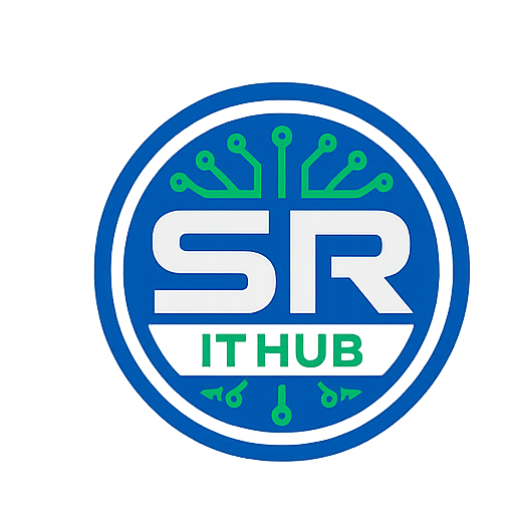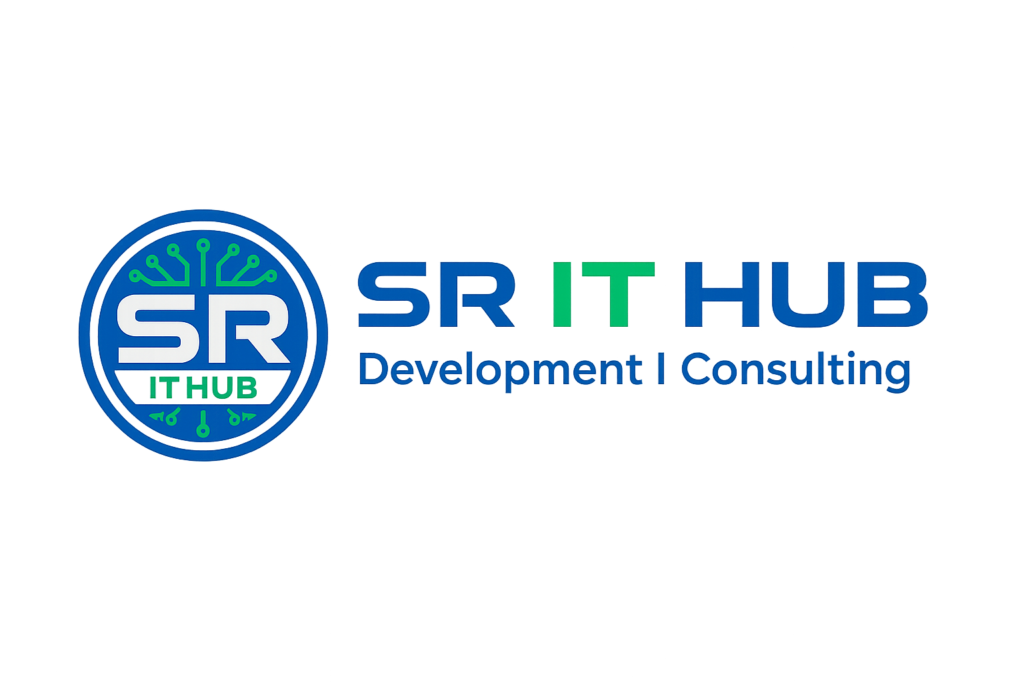ABSTRAT:
Crowdfunding has gained a widespread popularity by fuel- ing the creative minds of entrepreneurs. Not only has it de- mocratized the funding of startups, it has also bridged the gap between the venture capitalists and the entrepreneurs by providing a plethora of opportunities for people seek- ing to invest in new business ventures. Nonetheless, despite the huge success of the crowdfunding platforms, not every project reaches its funding goal. One of the main reasons for a project’s failure is the difficulty in establishing a link- age between it’s founders and those investors who are inter- ested in funding such projects. A potential solution to this problem is to develop recommendation systems that sug- gest suitable projects to crowdfunding investors by captur- ing their interests. In this paper, we explore Kickstarter, a popular reward-based crowdfunding platform. Being a highly heterogeneous platform, Kickstarter is fuelled by a dynamic community of people who constantly interact with each other before investing in projects. Therefore, the deci- sion to invest in a project depends not only on the preference of individuals, but also on the influence of groups that a per- son belongs and the on-going status of the projects. In this paper, we propose a probabilistic recommendation model, called CrowdRec, that recommends Kickstarter projects to a group of investors by incorporating the on-going status of projects, the personal preference of individual members, and the collective preference of the group . Using a compre- hensive dataset of over 40K crowdfunding groups and 5K projects, we show that our model is effective in recommend- ing projects to groups of Kickstarter users
EXISTING SYSTEM :
Although the interest in using Kickstarter for crowdfunding has been outstanding, the success rate of projects is not very impressive. Statistical reports show that only about 37% of the projects succeeded in reaching their funding goal [19], which means over 60% of the crowdfund- ing projects in Kickstarter have failed. One of the main reasons for these failures is the lack of publicity [17]. We argue that recommendation systems that suggest suitable projects to crowdfunding investors can address this problem. Thus, in this paper, we propose a probabilistic recommenda- tion model, called CrowdRec, that recommends projects to a group of potential backers. To the best of our knowledge, very few studies have explored the crowdfunding domain from a data mining perspective
EXISTING SYSTEM DISADVANTAGES:
1.LESS ACCURACY
2. LOW EFFICIENCY
PROPOSED SYSTEM :
The core of all recommender systems is to obtain a utility function that es- timates the preference of a user towards an item. Essentially, recommender systems can be divided into two main cat- egories: collaborative filtering methods and content-based methods. Collaborative filtering-based techniques utilize the user rating of items to derive the similarity between the users (or items) to recommend relevant items to users. Content- based approaches, on the other hand, utilize the content features of the users (or items) to make the recommenda- tion. These features might include user’s topical interest, age, gender, etc. For a comprehensive summary of collabo- rative filtering techniques, the readers are referred to survey articles [1, 30]. In the context of crowdfunding, the hetero- geneity in Kickstarter crowdfunding suggests hybrid recom- mendation techniques, which are gaining a lot of attention in recent years. A naive way of using hybrid recommendation is to use collaborative and content-based methods in parallel [5, 12, 31]; nonetheless, these approaches do not incorpo- rate the influence of social groups to model the interests of users. In this work, we adopt probabilistic latent modeling (discussed below) to seamlessly integrate the collaborative and content-based filtering approaches into a unified group recommendation model
PROPOSED SYSTEM ADVANTAGES:
1.HIGH ACCURACY
2.HIGH EFFICIENCY
SYSTEM REQUIREMENTS
SOFTWARE REQUIREMENTS:
• Programming Language : Python
• Font End Technologies : TKInter/Web(HTML,CSS,JS)
• IDE : Jupyter/Spyder/VS Code
• Operating System : Windows 08/10
HARDWARE REQUIREMENTS:
Processor : Core I3
RAM Capacity : 2 GB
Hard Disk : 250 GB
Monitor : 15″ Color
Mouse : 2 or 3 Button Mouse
Key Board : Windows 08/10

